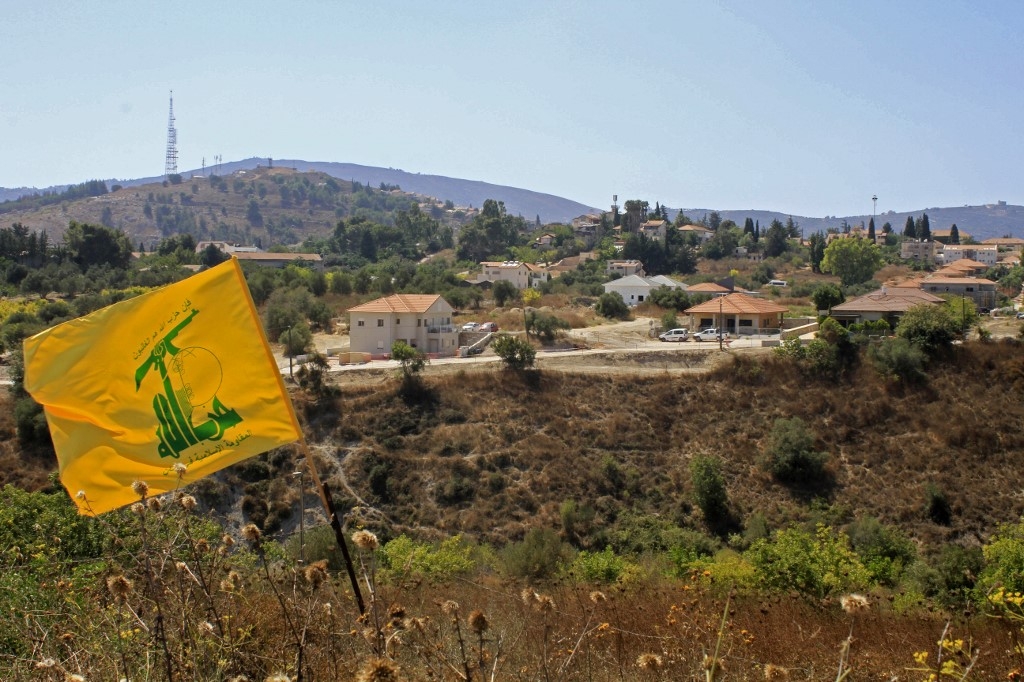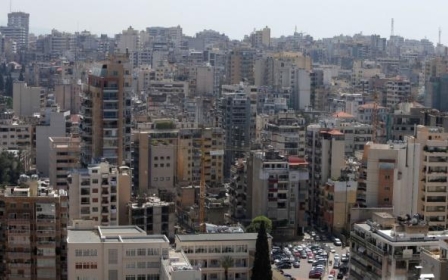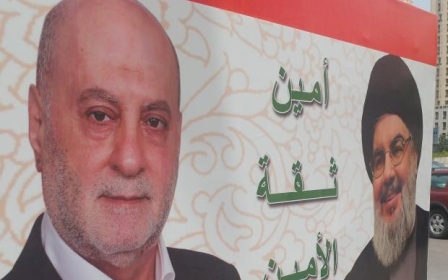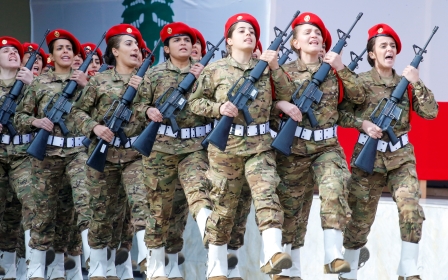US sanctions Hezbollah 'money launderers' in Lebanon and DR Congo

The United States has imposed sanctions on two men it accuses of laundering money on behalf of Lebanese group Hezbollah, the latest in a series of economic measures meant to stymie the group's activities.
In a statement on Friday, the US Treasury Department announced it was sanctioning Lebanon-based Nazem Said Ahmad, and Saleh Assi, who is based in the Democratic Republic of Congo (DRC).
The department accused Ahmad, a diamond dealer and art collector, of being "one of Hezbollah's top donors".
It also accused Assi of laundering money through Ahmad's businesses and providing support to another Hezbollah financier, who is already under US sanctions.
"Hezbollah continues to use seemingly legitimate businesses as front companies to raise and launder funds in countries like the DRC where it can use bribery and political connections to secure unfair market access and evade taxes," Treasury Secretary Steve Mnuchin said in the statement.
New MEE newsletter: Jerusalem Dispatch
Sign up to get the latest insights and analysis on Israel-Palestine, alongside Turkey Unpacked and other MEE newsletters
Mnuchin added that Ahmad and Assi "have used money laundering and tax evasion schemes to fund terrorist plots and finance their own lavish lifestyles as the Lebanese people suffer".
Treasury Department blacklists, known as special designations, freeze the targeted individuals' assets in the US and prohibit American citizens from doing business with them.
The US designated Hezbollah, a Shia-dominated Lebanese militant group and political party backed by Iran, as a terrorist organisation in 1997.
Still, the group's leaders say it is a resistance movement that aims to protect Lebanon from Israel.
Friday's sanctions are the latest in a series of US measures targeting the group.
In July, Donald Trump's administration imposed sanctions on Hezbollah political officials, including members of the Lebanese parliament.
At the time, the administration said those sanctions were part of a "maximum pressure campaign" against Iran.
The move was widely condemned, with politicians across the political spectrum in Lebanon accusing Trump of violating the country's sovereignty.
Earlier this month, Washington released $105m in military aid to Beirut that was held up for months without explanation.
The delayed transfer came amid ongoing protests across Lebanon, where demonstrators have called for an end to government corruption and for better economic opportunities.
Members of Congress had raised concerns about the stalled assistance, accusing the Trump administration of seeking to politicise assistance to foreign countries.
Middle East Eye delivers independent and unrivalled coverage and analysis of the Middle East, North Africa and beyond. To learn more about republishing this content and the associated fees, please fill out this form. More about MEE can be found here.





